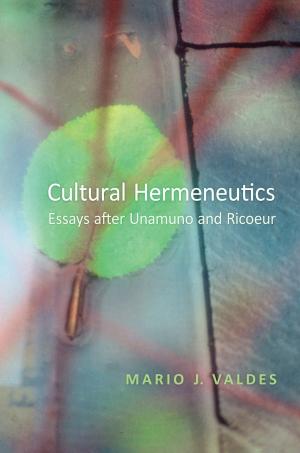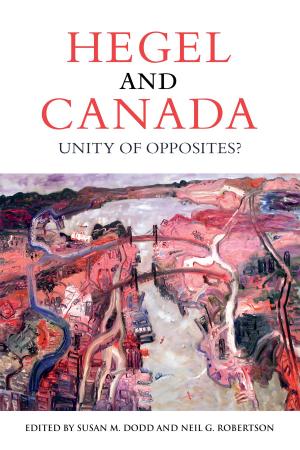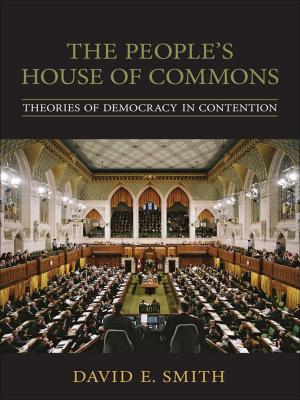The Court Book of Mende and the Secular Lordship of the Bishop
Recollecting the Past in Thirteenth-Century Gévaudan
Nonfiction, History, France| Author: | Jan K. Bulman | ISBN: | 9781442691971 |
| Publisher: | University of Toronto Press, Scholarly Publishing Division | Publication: | May 17, 2008 |
| Imprint: | Language: | English |
| Author: | Jan K. Bulman |
| ISBN: | 9781442691971 |
| Publisher: | University of Toronto Press, Scholarly Publishing Division |
| Publication: | May 17, 2008 |
| Imprint: | |
| Language: | English |
Mende is a diocese in south-central France where, in the 1260s, scribes of Bishop Odilon de Mercoeur created an extensive court book or register of litigated cases. Their intention was to develop an archive for the use of the chancery as well as to preserve the causae of the episcopal court. These records would later be used by Guillaume Durand the Younger to construct a version of the past which verified episcopal secular lordship and sovereignty in response to mounting intrusion by the king of France.
For all of its importance to the history of religion in France, the court book of Mende has received little attention by historians and medieval scholars. In this study, Jan K. Bulman examines the interrelationships between the written records of the ecclesiastical court, the preservation of historical memory, and the defense of episcopal seigneurial rights. Bulman shows how the bishops of Mende followed a singular strategy to defend against loss of autonomy, one that was unique in its reliance on archival records, ancient charters, and narrative hagiography. Richly presented and comprehensively researched, this will be an indispensable work for scholars of religion and the history of medieval France.
Mende is a diocese in south-central France where, in the 1260s, scribes of Bishop Odilon de Mercoeur created an extensive court book or register of litigated cases. Their intention was to develop an archive for the use of the chancery as well as to preserve the causae of the episcopal court. These records would later be used by Guillaume Durand the Younger to construct a version of the past which verified episcopal secular lordship and sovereignty in response to mounting intrusion by the king of France.
For all of its importance to the history of religion in France, the court book of Mende has received little attention by historians and medieval scholars. In this study, Jan K. Bulman examines the interrelationships between the written records of the ecclesiastical court, the preservation of historical memory, and the defense of episcopal seigneurial rights. Bulman shows how the bishops of Mende followed a singular strategy to defend against loss of autonomy, one that was unique in its reliance on archival records, ancient charters, and narrative hagiography. Richly presented and comprehensively researched, this will be an indispensable work for scholars of religion and the history of medieval France.















